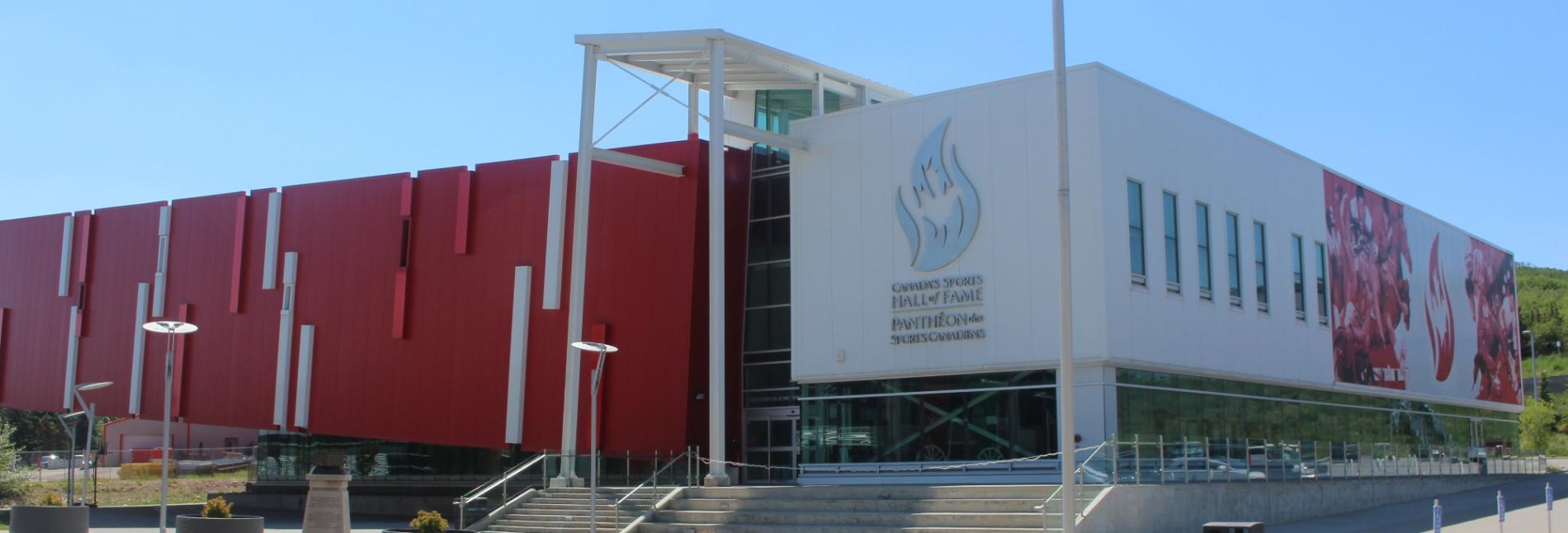Hall of Famer
Phil Esposito
Inducted in 1989, 2005
Member Details
Career Highlights
Won the Art-Ross award 5 times
won two Stanley Cups with Boston Bruins
Set NHL record for goals (76) and points (152) in a season

Story
Phil Esposito was never the most graceful skater, the most fluid puckhandler, or the most gracious loser, but he was likely the purest goalscorer of his era and an inspiration for those who played with him. He began his career in the Chicago Blackhawks organization and played four years with the Hawks in the mid-1960s. The Hawks traded him with Ken Hodge and Fred Stanfield to Boston for Pit Martin, Gilles Marotte, and Jack Norris in the summer of 1967, and the rest, as they say, is history. It was one of the most lop-sided deals of all time. Upon arriving to the Bruins, a team that had been woeful until Bobby Orr arrived the previous year, Espo declared that the team would make the playoffs his first year, win a series the year after, and win the Stanley Cup the year after that. Arrogant, perhaps, he was also prescient in his accuracy. In his first season with the Bruins, "Espo" had a career best 35 goals and led the league with 49 assists, numbers that would pale by comparison to years ahead. The year after he had 49 goals and a league-best 77 assists, and the third year, the Cup season, he recorded his magical 76 goals and assists, record-breaking year. Esposito virtually created the term "slot," for that is where he scored the majority of his goals. Large and formidable, he parked himself in front of the goalie, perhaps 20 feet away, established body position, and when he received a pass shot it instantly, catching the goalie by surprise and giving defencemen no time to check him. His linemates, Ken Hodge and Wayne Cashman, became expert at the art of digging the puck out of the corners and getting it to their big man in front, and Espo became equally adept at finishing the play. Esposito was, of course, invited to Team Canada's training camp for the historic Summit Series in September 1972. He, like all others, reported to camp confident and out of shape, but it was his leadership, as much as Paul Henderson's heroics, that led Team Canada to the most dramatic comeback in hockey's history. Esposito's contributions culminated on ice after game four, in Vancouver, when he pleaded with and berated a nation for booing the players instead of supporting them during an interview with Johnny Esaw. The result was a Canadian multitude in the stands for the last four games of the series in Moscow, and Canada's remarkable victory resulted. Esposito had three more incredible years with the Bruins, but early in the 1975-76 season he was part of another blockbuster trade. He and Carol Vadnais were sent to the New York Rangers for Brad Park, Jean Ratelle, and Joe Zanussi. While Esposito had four fine years on Broadway, he was slowing down and losing that passion for the game for which he was famous. As a result, he retired midway through the 1980-81 season, a rare way for a hall of famer to depart. By this time, though, he had cemented his place in hockey history and the fabric of Canadian culture. In all, his 717 goals stood second behind Gordie Howe, as did his 1,590 total points. In addition to two Stanley Cups with the Bruins, Espo was twice named best player by the league and the other NHL players. He won the Art Ross Trophy five times and was a First Team All-Star six times.






